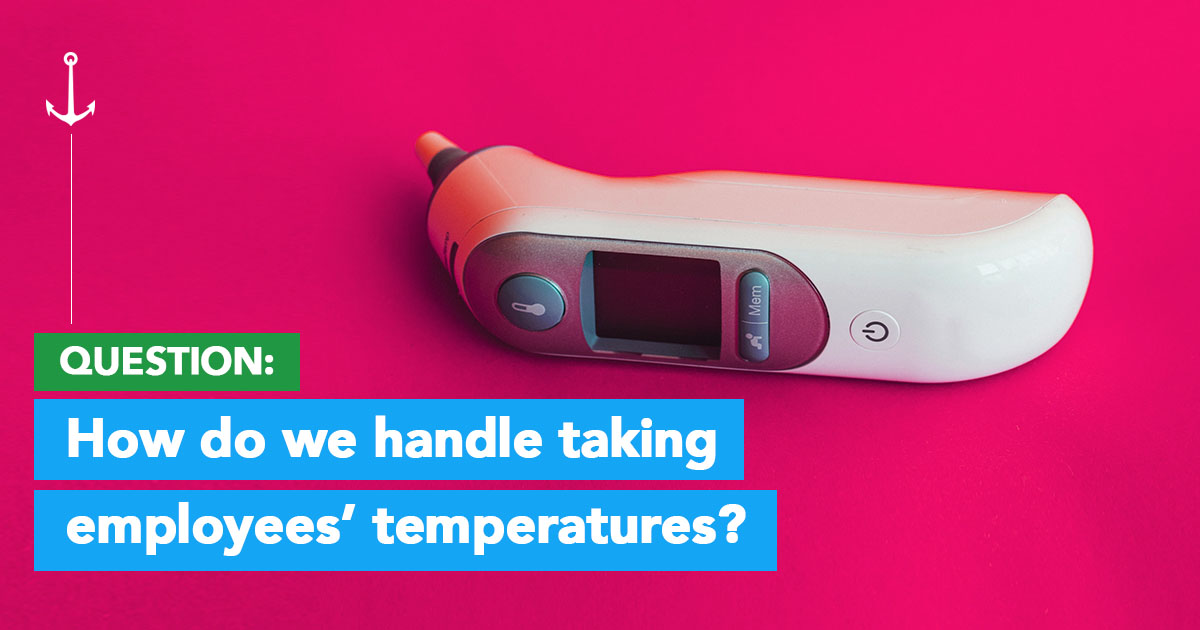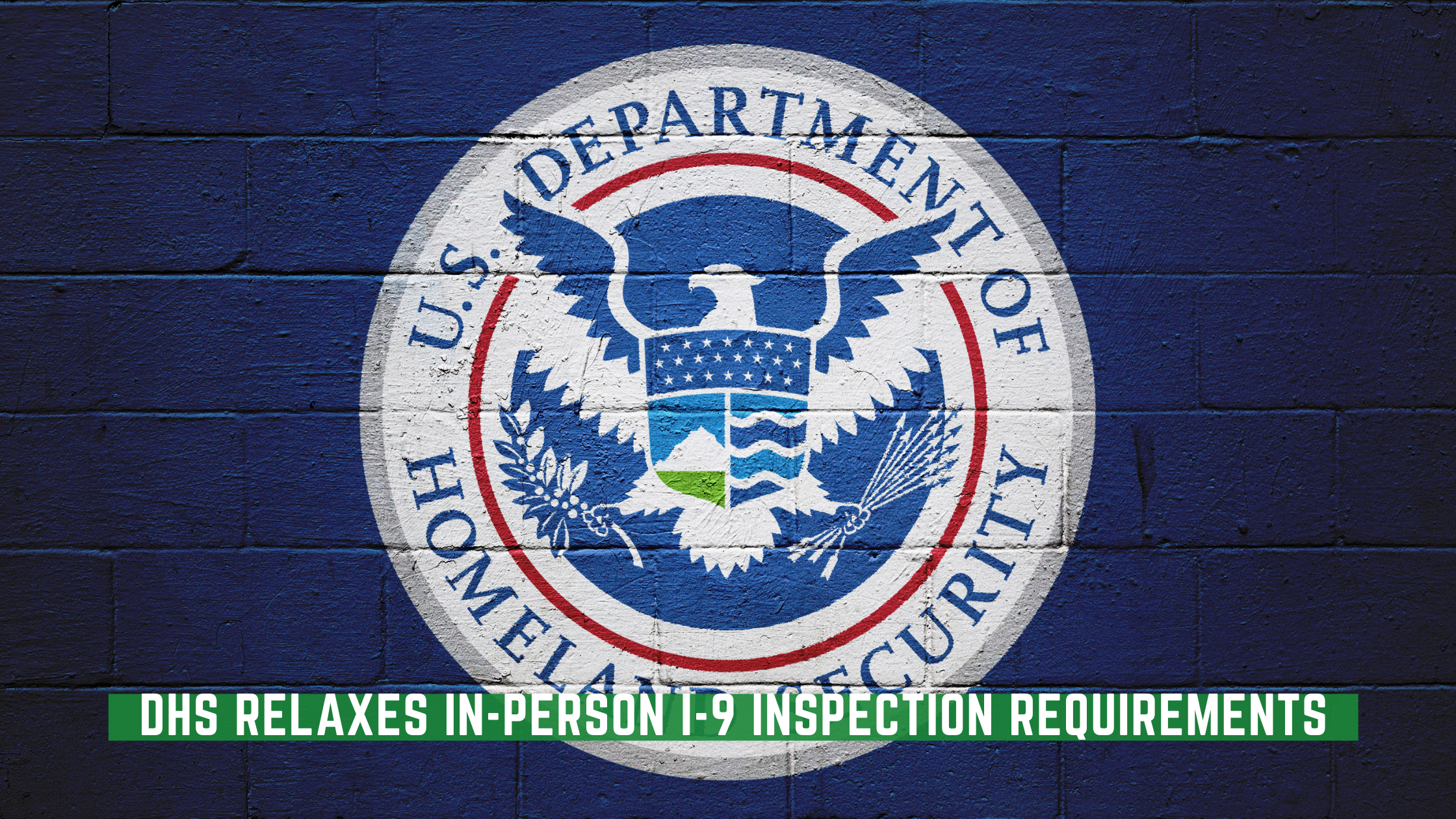A: The mere fact that you’re getting more complaints than normal isn’t necessarily something to worry about. The increase in complaints could be a sign that there are now more issues that require your attention, or it could be a sign that your employees are—for some reason—feeling safer speaking to you about their concerns.
Anchor Staff
Recent Posts
Q: We’ve seen an uptick in complaints from employees. Is this cause for concern?
Many employers are unaware of state voting leave laws, which we anticipate will be heavily relied upon this year given the challenges presented by the pandemic. Most states require that employers provide at least a few hours off to vote, and many of those require that at least some of that time off be paid. The advance notice that may be required from employees is often minimal, so employers should be prepared to grant last-minute requests to vote.
Topics: teams, employers, hr, humancapitalmanagement
In this 3-minute HR, we will take a brief look at mission, vision and values. We will look at what each of these terms means when we are talking about your organization's goals.
Topics: leadership, teams, Branding, hr
Question: Our busy season starts next month. Is there anything we can do to help our employees reduce their stress?
Answer: There is! Here are a few things you can do to make the busy season run as smoothly and stress-free as possible:
Remove or reassign non-essential work duties: Before the busy season begins, ask employees to make a list of tasks that others could feasibly handle for them or that could be put on hold. Then work on reassigning those tasks or simply hold off on non-essential tasks until business slows down.
A staffing plan can help you determine the right number of people with the right set of skills to address your business needs. Staff planning is a systematic process that accounts for internal and external changes to help you meet your business objectives.
Topics: leadership, teams, employers, employees, hr, documentation
Employee turnover is expensive – more so than you might think. Some costs are more easily calculated than others. Easily measurable or not, they all hurt your bottom line. Fortunately, many of the costs of turnover can be measured, predicted or budgeted for.
Topics: leadership, employers, employees, hr
Q: How do we handle taking employees' temperatures?
A: The Equal Employment Opportunity Commission (EEOC) has issued guidance that employers may take employees’ temperatures during the COVID-19 pandemic because COVID-19 is spreading nationwide. Note that many people may have COVID-19 without a fever, so other safety precautions should not be scaled back just because employees “checked out” upon arrival to work. The CDC summarizes symptoms here. Employees’ body temperatures are considered medical information and must be kept confidential under the Americans with Disabilities Act (ADA).
***Update: On September 14, DHS announced another 30-day extension of this temporary rule. The rule is now set to expire on November 19, 2020.
The physical presence requirement of the Employment Eligibility Verification, Form I-9, requires that employers, or an authorized representative, physically examine, in the employee’s physical presence, the unexpired document(s) the employee presents from the Lists of Acceptable Documents to complete the Documents fields in Form I-9’s Section 2.
Topics: covid, humancapitalmanagement, documentation
What You Need to Know Before Disciplining or Terminating an Employee
The prospect of corrective action or termination makes a lot of managers nervous. That’s understandable. For employees, being disciplined or losing their job can be anything from moderately embarrassing to financially devastating, but it’s rarely a happy occasion. For the employers, these actions always come with some risk, and there are plenty of legal danger zones an employer can end up in if corrective action isn’t done properly.
Topics: teams, employers, hr, termination, discipline
In response to a court ruling in early August that invalidated certain regulations by the U.S. Department of Labor (DOL) related to leave under the Families First Coronavirus Response Act, the DOL has released revised regulations. The changes, or lack of changes, are outlined below. The revisions take effect when they are published in the Federal Register, which is scheduled for September 16.












